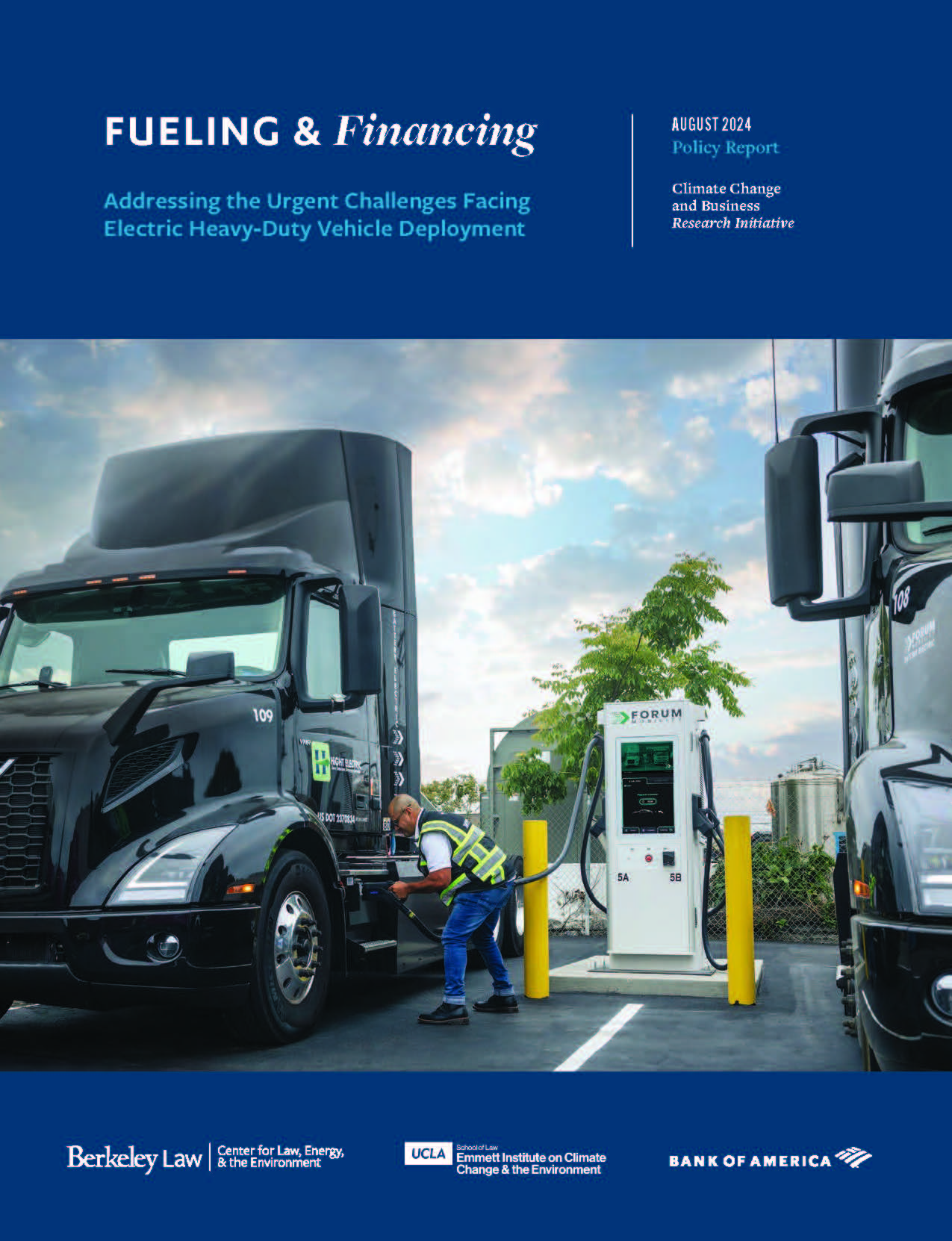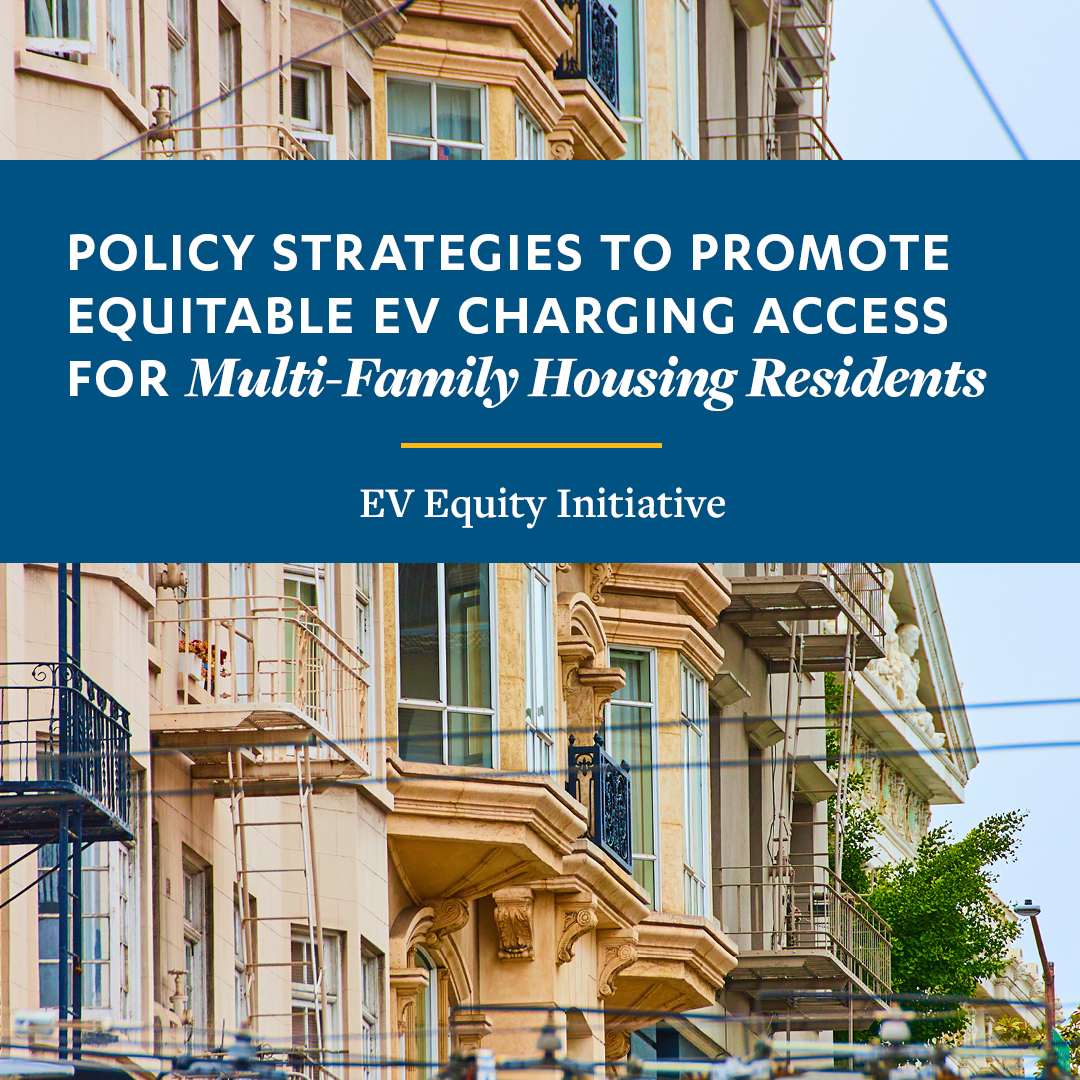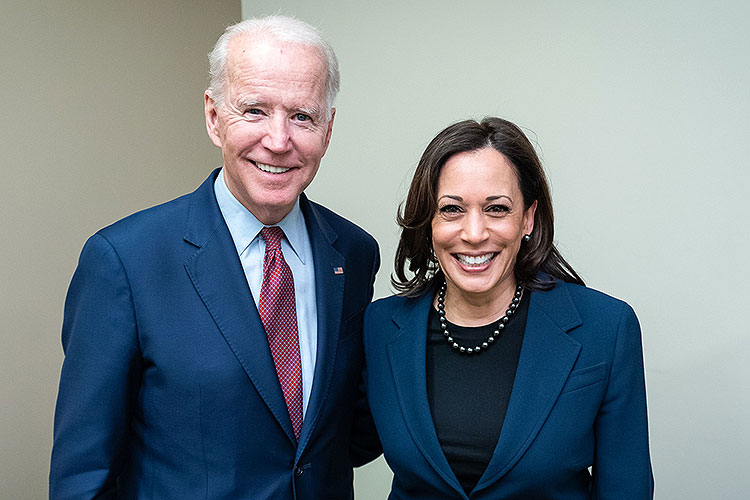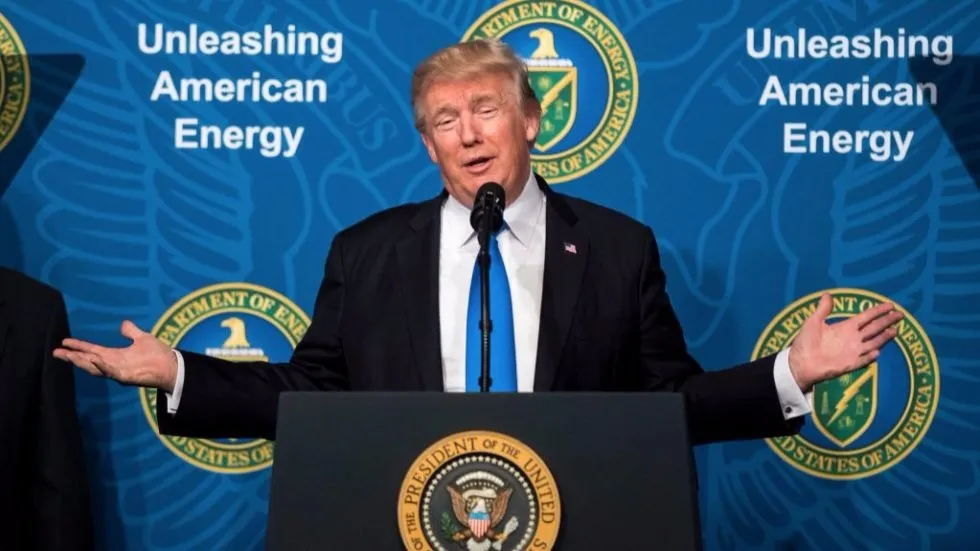Transportation
Electric Shared Mobility:
Program Design Elements Can Produce More Equitable, Durable, and Successful Projects
Shared mobility—an umbrella term for any transportation mode shared among multiple passengers—has the potential to accelerate transportation electrification, air quality, and greenhouse gas reduction goals, meet the needs of underserved communities that most lack mobility access, and advance broader mobility equity goals. CLEE’s report, Electric Shared Mobility: California Lessons Learned for Equity in Program Design, …
Continue reading “Electric Shared Mobility:”
CONTINUE READINGCalifornia Pulls Back On Sustainable Aviation Fuels
Air Resources Board abruptly withdraws proposal to mandate low-carbon jet fuel
California regulators had an opportunity this year to be a global leader on requiring airplanes to use low-carbon jet fuel. But the Air Resources Board announced earlier this month that it will back off from its earlier proposal to require jet fuel providers to decarbonize, through the agency’s landmark low carbon fuel standard program. Why …
Continue reading “California Pulls Back On Sustainable Aviation Fuels”
CONTINUE READINGNew Report: Charging and Financing Electric Trucks
CLEE/UCLA Law report & webinar offers solutions to meet California’s zero-emission trucks goal
California has groundbreaking goals to require automakers to sell, and large fleets to purchase, zero-emission trucks and buses in increasing percentages, starting this year. But these goals will only be achievable if the state has sufficient charging infrastructure to fuel the vehicles, along with available financing to help truck owners purchase or lease them. To …
Continue reading “New Report: Charging and Financing Electric Trucks”
CONTINUE READINGEV Charging Access for Multifamily Housing Residents
New CLEE report highlights key findings for equity-oriented program design
The rapidly approaching electric vehicle (EV) transition that California and a dozen other states have committed to enact over the coming decade mounts pressure on state and local governments to deliver millions of new EV chargers across various location types. Homes constitute the core of a convenient and reliable charging network, and EV charging infrastructure …
Continue reading “EV Charging Access for Multifamily Housing Residents”
CONTINUE READINGBattery Technology and EVs Take Off: A Timeline
These interlinked technologies are crucial to the energy transition. Here’s their history.
To fight global warming, we need to largely eliminate the internal combustion engine as a form of transportation. We need battery technology for this and to store electricity, because wind and solar power are intermittent. These technologies didn’t appear out of thin air. Here’s the story of their rise
CONTINUE READINGDid Democrats Follow Through?
The 2020 Democratic Platform made some big promises. Four years later, where do things stand?
Many of the climate promises in the 2020 Democratic platform were kept, and large down-payments were made toward fulfilling others. The glass is definitely more than half full.
CONTINUE READINGThe Best Reason for Optimism About Climate Action
As the saying goes, “It’s the economy, stupid.”
Renewable energy costs have plunged to an extent few people realize. If cellphone prices had dropped as fast since 2010 as the cost of solar power, you could buy a new iPhone for about thirty bucks today.
CONTINUE READING35 Major Climate Initiatives Under Biden
By any measure, it has been an eventful four years for climate policy, with billions in spending and many major regulations finalized. Here’s a timeline of the Top 30 actions.
In light of President Biden’s withdrawal from the 2024 presidential race yesterday, we thought it was appropriate to update this piece about the climate legacy of the Biden-Harris Administration. In his four years in office, Donald Trump rolled back essentially every existing federal policy to limit climate change. The picture under the Biden Administration has …
Continue reading “35 Major Climate Initiatives Under Biden”
CONTINUE READINGHere We Go Again! (Maybe)
The possibility of a second Trump presidency looms ahead. Time for some contingency planning!
As the Project 2025 report shows, people on the other side are doing their own contingency planning, and so should climate advocates. We can expect many of the same actions, beginning with massive regulatory rollbacks (over a hundred rollbacks last time around).
CONTINUE READINGMajor League Soccer’s LAFC Has a Big Oil Problem Too
The Dodgers are not the only LA sports team sullying their brand by taking oil money. Beloved soccer club LAFC recently renewed a partnership with Chevron.
BMO Stadium, the home of Los Angeles Football Club, is revered as one of the best places to watch soccer in the U.S., thanks to forward-thinking design and good vibes among their famously devout fans. BMO has even been called the future of stadium design. So, it’s all the more jarring that LAFC allows Big …
Continue reading “Major League Soccer’s LAFC Has a Big Oil Problem Too”
CONTINUE READING












